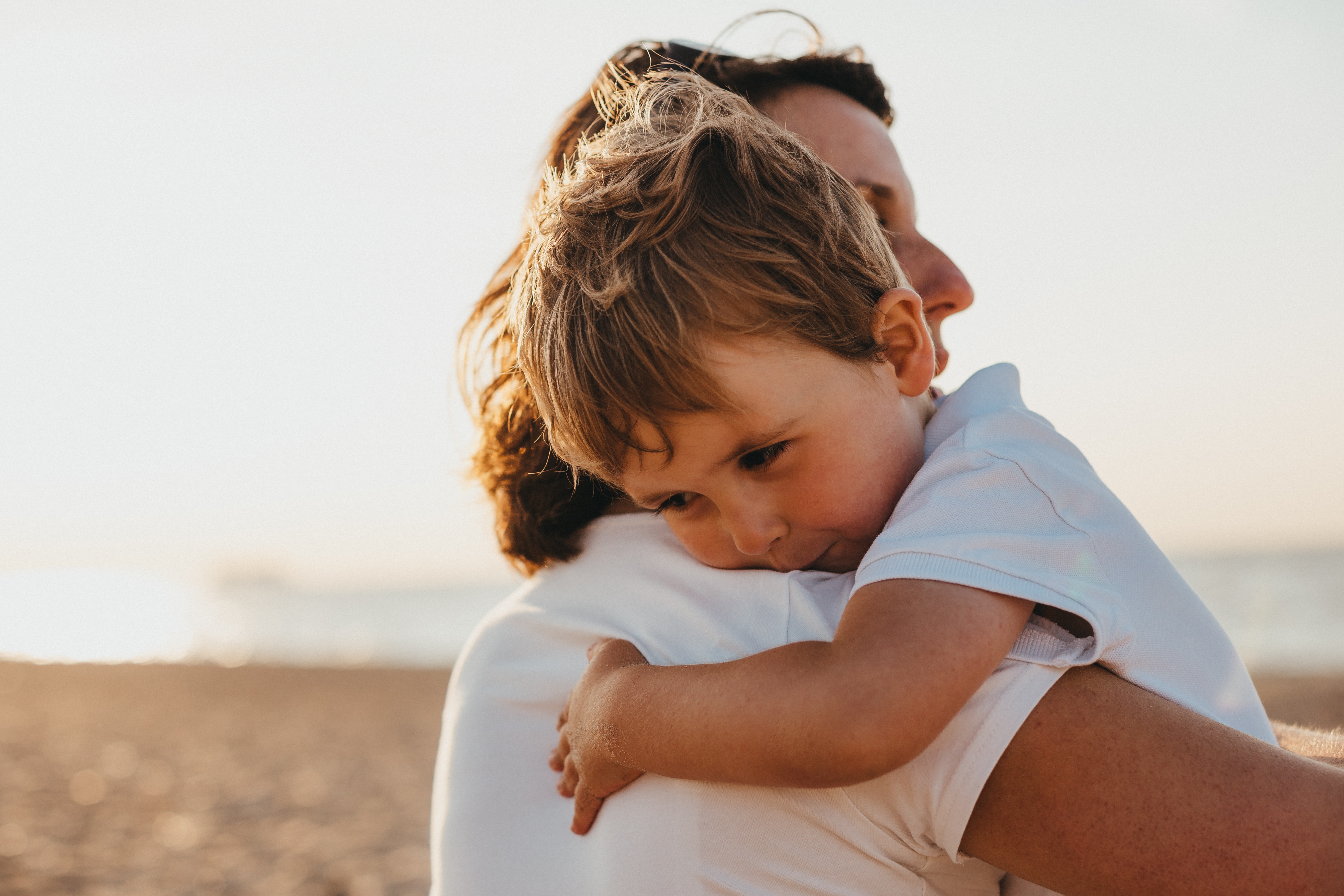As a young child, some parents may have been given time-outs and got spanked for talking back to their parents, fighting over a toy with a sibling or jumping off a couch and accidentally knocking over and breaking a glass. In many cultures and societies, it was and is the “norm” to make sure children follow the rules and understand their behaviour through punishments.
This type of parenting often comes from a place of fear, such as, worrying that your child might run into a hot plate at a restaurant and get hurt, or break their arm climbing on the banister. Parents want to protect their child. However, parenting that tries to protect the child from dangers of the world by scaring them from trying and exploring new things is essentially practicing fear-based parenting. It also does not give the child the opportunity to develop cause and effect relationships between things and consider the potential consequences, whether they be positive or negative, of their actions.
Fear-based parenting involves using power and control to try to get the child to comply with parents’ expectations. This approach to parenting has been shown to have negative effects on a child’s development including; low self-esteem, anxiety, difficulty regulating emotions, and struggles forming healthy relationships. This is because fear-based parenting does not teach children how to regulate their emotions. For instance, a child may not have skills to process and handle big emotions such as, disappointment and anger which can be shown through meltdowns and outbursts. At times, parents would give timeouts for this “rude and naughty” behaviour and instruct the child to reflect on how they acted on their own. However, this can become a punishment for not having the ability to organise feelings on their own and could give a message that the emotions they experienced are negative and to be avoided. At this stage, they would need parents’ close guidance in learning how to regulate emotions. Moreover, when parents become angry at a child, let’s say, for not looking around before crossing the road, the child could actually be more fearful of the parents rather than learning to be cautious of the oncoming traffic.
Fear-based parenting can also undermine the parent-child relationship. The goal is for a child to allow parents to have influence out of respect and love, not fear. If parents do it out of fear, there will come a point when it does not work anymore – the child gets bigger, older and becomes no longer afraid of the power and control imposed by the parents. The child may “rebel” and become resistant to authority.
So, what can parents do?
Instead of using fear to control behaviour, it is recommended that they adopt a more positive and supportive approach. By co-regulating with children, they learn how to manage and process emotions.
Here are some tips:
- Validate and acknowledge when the child experiences emotions in a gentle and calm manner e.g. “I can see you are upset that your little brother broke your toy.”
- Allow time, space, and opportunity for the child to process those big emotions. e.g. holding and hugging the child who is sad and upset; sitting next to the child who is feeling embarrassed.
- Once the child is calmer, parents can talk about the child’s actions, what impact it has on others, set boundaries and provide suggestions. E.g. “I can see you wanted to play with your brother by getting close to him. But, Jack is frowning his face and moving away from you because he doesn’t want to be climbed over. Maybe if you sat next to him and asked if you could play with his toy, he might say yes”. It’s important to note that at this point, parents should not force the child to act on what they suggested. The parents at times may not even get a response from the child. However, with a consistent approach, it will allow opportunities for the child to think, “my parents still love me in my difficult time, and I will be okay. I can handle this feeling. Maybe they are right. Maybe I can try a different way next time”.
Author: Kaylee Cho – Occupational Therapist


0 Comments